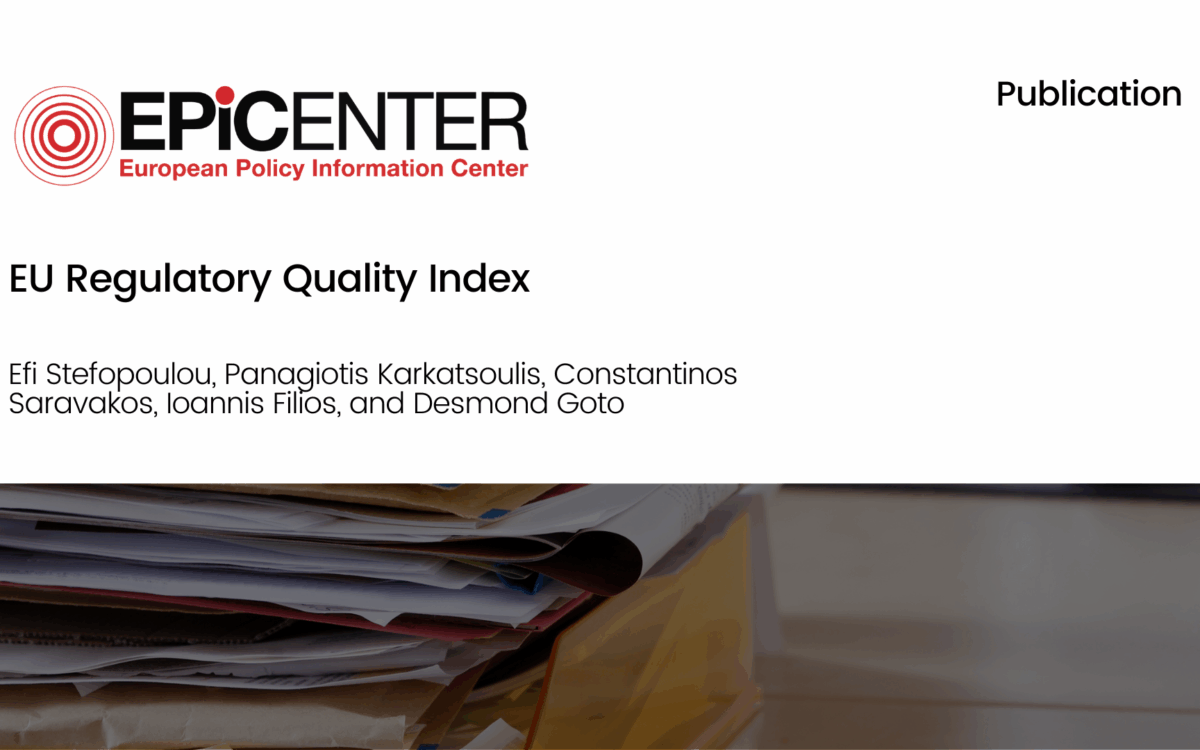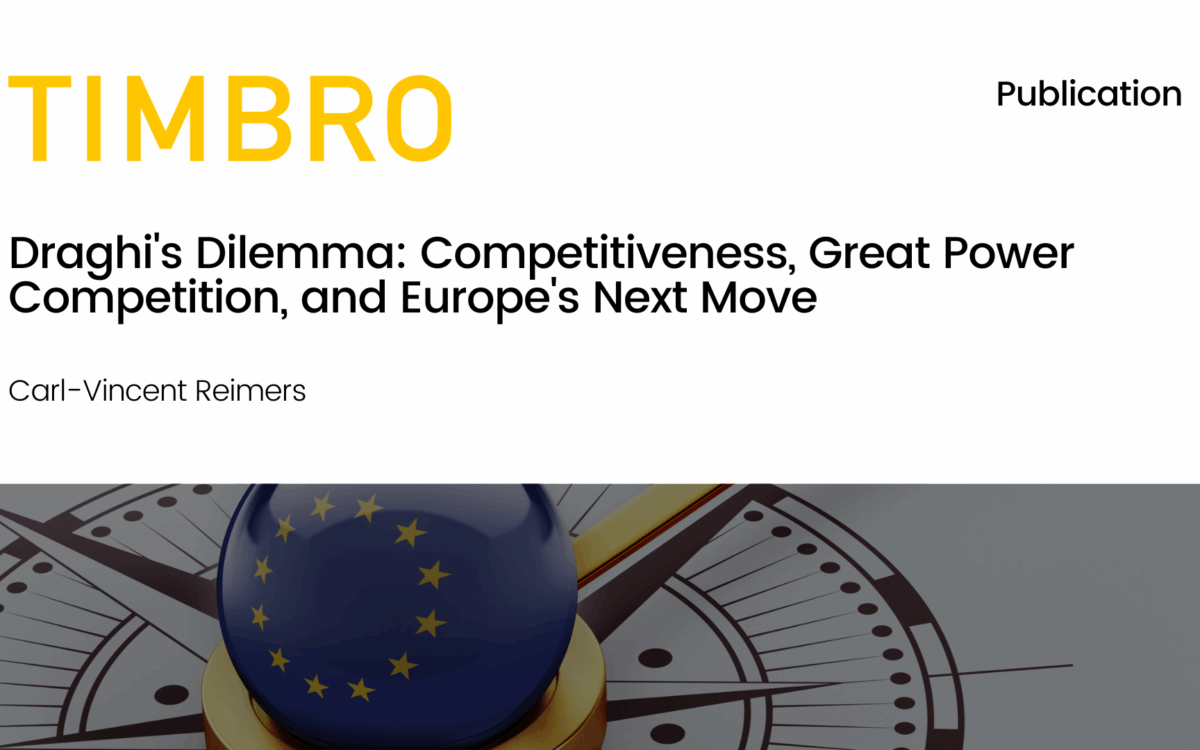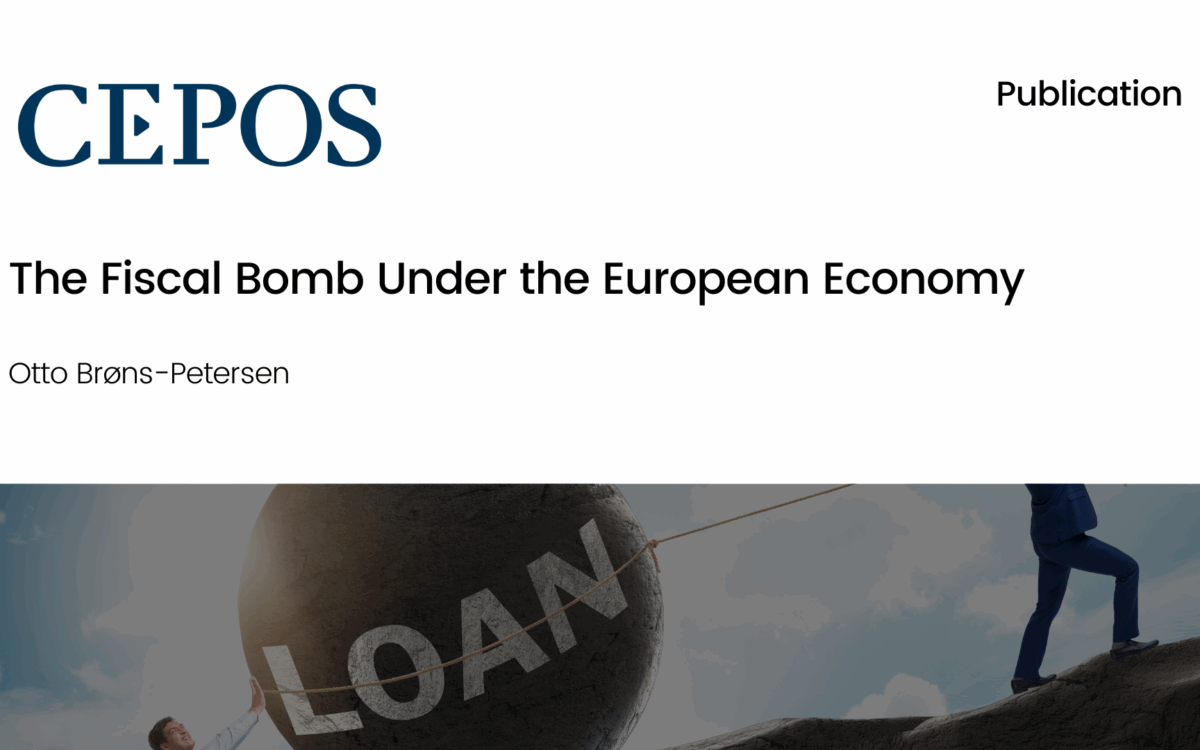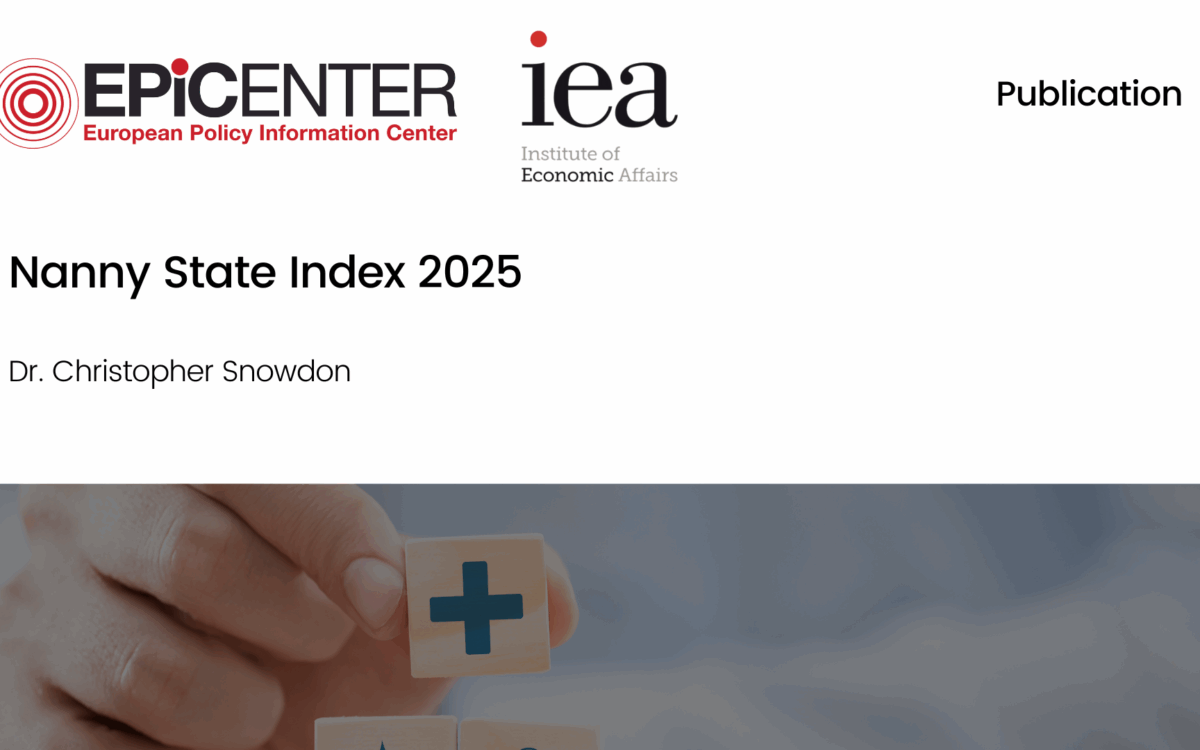The XXX Factor
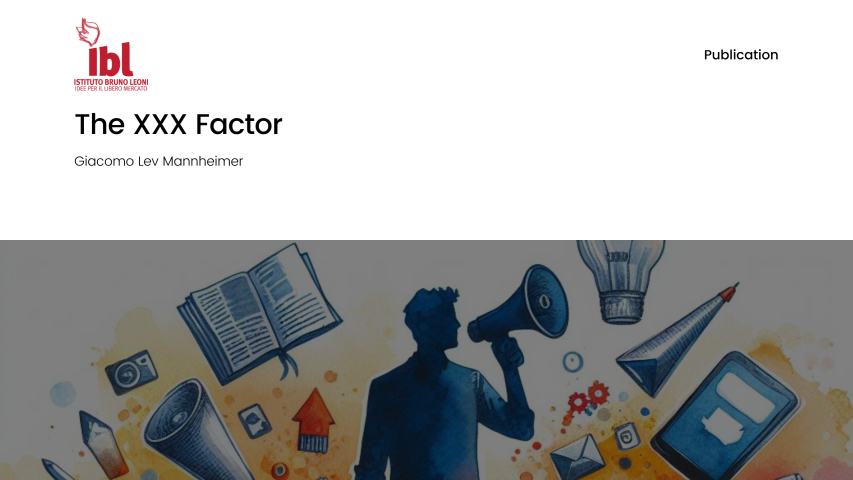
The XXX Factor
5 December 2023
The online pornography industry has historically been a pioneer of many innovations that have later influenced the rest of the internet. Among others, the porn industry helped develop fraud prevention techniques and security innovations, such as double confirmation processes, ahead of mainstream e-commerce platforms, as well as online security and copyright protection methods.
Generally, regulatory efforts across the world to control internet content have often been sparked by a perceived need to restrict access to adult content. Early attempts at internet regulation in the US, such as the Communications Decency Act, 1996, faced challenges in enforcing age verification for websites and defining obscene material. This led to legal conflicts and the formulation of principles such as Section 230, arguably one of the reasons why the internet is what we know today.
The United Kingdom (UK) and the European Union (EU) have also made attempts to mandate age verification and regulate content on adult websites, with the UK‘s Online Safety Bill, 2023, mandating age verification for accessing adult content using government-issued documents or biometric data, while the EU‘s Digital Services Act (DSA), 2023, aims to address these issues by providing transparency about content moderation and law enforcement, although some platforms are uncooperative with data disclosure requests.
In recent times, several European countries have begun to speculate with increasing insistence on implementing age verification laws for individuals accessing adult websites. However, there are three key challenges associated with implementing effective age verification for adult content: challenges in ensuring compliance, the lack of a standardised approach, and potential privacy issues and conflicts with General Data Protection Regulation (GDPR) principles. Additionally, there are concerns that strict age verification measures may lead users to resort to using virtual private networks (VPNs) to bypass controls, inadvertently directing traffic towards less regulated and less secure platforms, thereby exacerbating risks.
The EU is also trying to regulate content moderation, demanding platforms implement stronger measures to prevent users from uploading dangerous or illegal content in the first place. For example, a proposed regulation aimed at restricting the circulation of child sexual abuse material online (Proposal for a regulation of the European Parliament and of the Council laying down rules to prevent and combat child sexual abuse, 2022) has raised worries about the risk of indiscriminate monitoring, as it might lead to increased surveillance of a broad range of online content-sharing platforms, impacting privacy and freedom of expression of many way beyond the regulation’s initial scope.
Regulating pornography appropriately is not only just in itself, but it will also ensure that the internet remains a place of extraordinary freedom and innovation without implying impunity or unaccountability for those who use it to commit illegal acts. While proposals for age verification and content moderation on adult websites are emerging in Europe, it is important to reflect on the possible risks and the potential impact these measures could have if they are extended to the rest of the internet.
Download or share this publication
View the PDF
EPICENTER publications and contributions from our member think tanks are designed to promote the discussion of economic issues and the role of markets in solving economic and social problems. As with all EPICENTER publications, the views expressed here are those of the author and not EPICENTER or its member think tanks (which have no corporate view).
